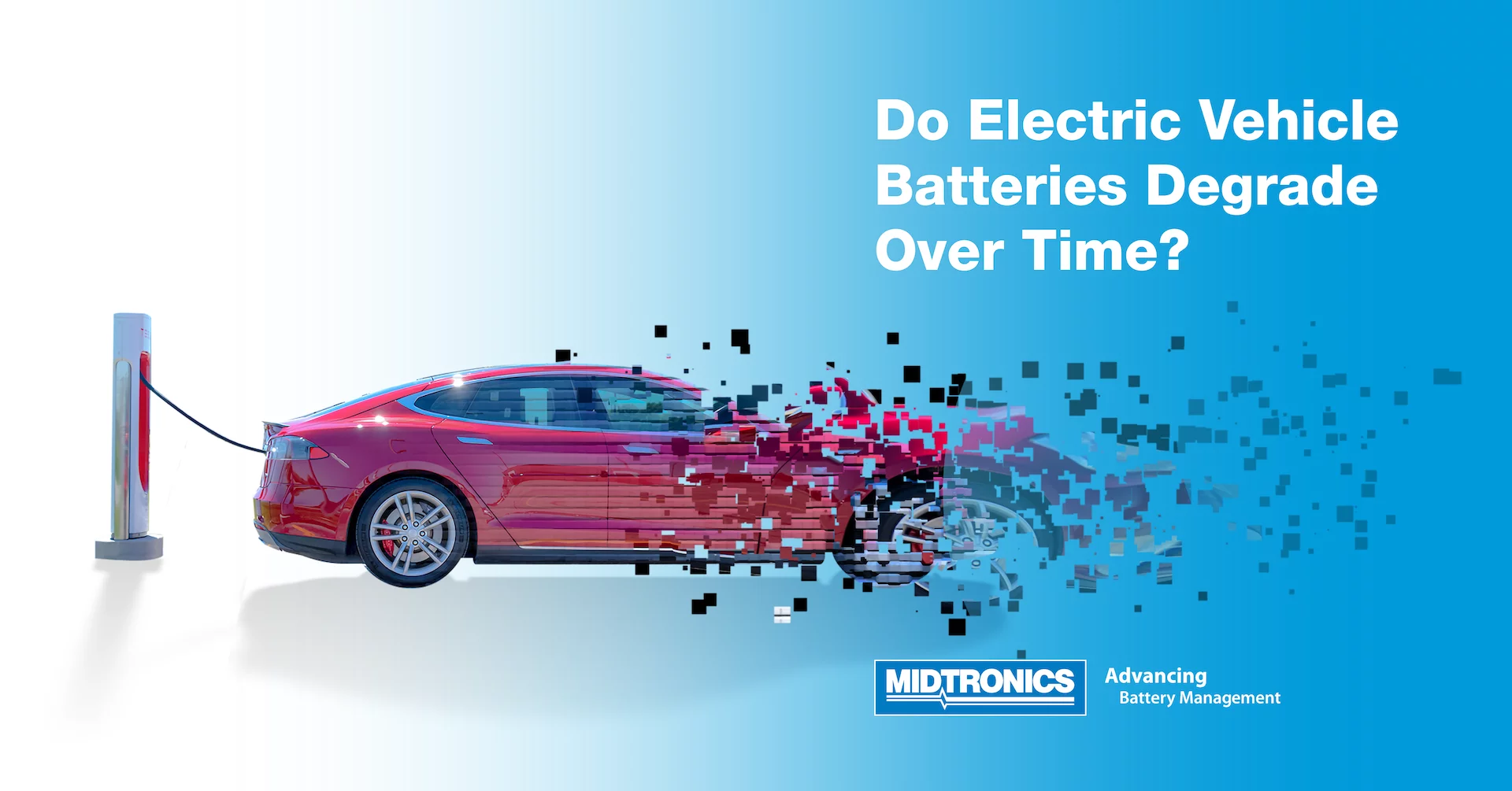Does the battery of an electric car lose its capacity?
If you have used a cell phone, then you are familiar with the concept of charging cycles. Simply put, a charging cycle is a process of fully charging, then discharging the array of cells.
After a significant number of charge cycles, A lithium batteries maximum charge capacity will decrease. For these batteries, this degradation process typically begins at around 1500 – 2000 cycles.
Most electric vehicle batteries have an estimated 1500 to 2000 charge cycles.
The array of cells have to charge 100%, then discharge to 0% for a cycle to be complete. While 500 cycles may be practical in a phone, it is not so for a car that is expected to last well over ten years.
Electric vehicle manufacturers put in place measures to ensure that the batteries lasts longer. One of those measures is the energy management system that prevents complete charging and discharging, guaranteeing that the batteries take longer to reach the harmful cycles.
Because of this cycle-aided degradation, the batteries will gradually lose its capacity. However, it may take nearly a decade for you to see any noticeable dips in performance.
What factors can affect an electric vehicle battery life?
Rapid charging is a technology that utilizes a direct current to charge the batteries. The problem with this charging method is that it generates high heat, which increases the chemical reactions in the batteries, thereby accelerating the degradation.
EVs generally have better performance ability, such as having significantly higher acceleration than gasoline engines. However, constantly drawing high power through rapid acceleration every time you start the car from a stationary state will ultimately take a toll on your batteries.
Generally, excess heat is not suitable for the battery’s life. The latter will decrease battery’s life for your car. Even though some sites may claim that warmer climates reduce the life expectancy of EV batteries, it has not been proven to be a significant concern. Naturally, the vehicle battery’s life will be degraded by using your vehicle.
Therefore, reasonable use and care are advised. Proper charging and storage can help extend the lifespan and maximize the performance of car and heavy-duty fleet batteries. Additionally, proper battery testing can help identify issues early on and prevent costly repairs down the line.
Changing the batteries
In a worst-case scenario, it may be necessary to replace your batteries. Federal regulations require manufacturers to warranty batteries for 8 years or 100,000 miles, meaning that if your batteries loses its capacity before then, the warranty will likely cover it.
However, if it is past the warrant parameters, the batteries will cost about $200 per kWh. Going by this number, you will need about $10,000 for a 40kWh.




